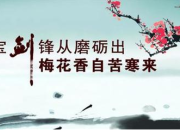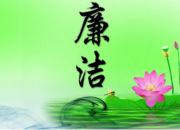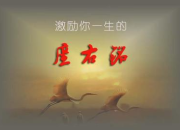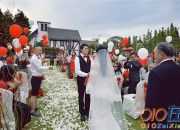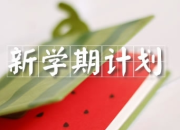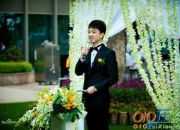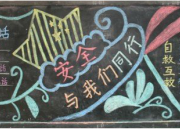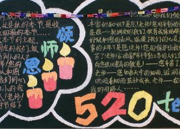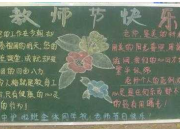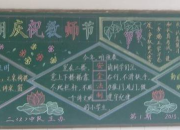复活节的英文简介
时间:2021-08-31A Sunday between March 22 and April 25
The meaning of many different customs observed during Easter Sunday have been buried with time. Their origins lie in pre-Christian religions and Christianity. All in some way or another are a salute to spring, marking re-birth. The white Easter lily has come to capture the glory of the holiday. The word Easter is named after Eastre, the Anglo-Saxon goddess of spring. A festival was held in her honor every year at the vernal equinox (春分).
People celebrate the holiday according to their beliefs and their religious denominations (命名). Christians commemorate Good Friday as the day that Jesus Christ died and Easter Sunday as the day that He was resurrected (复活). Protestant settlers brought the custom of a sunrise service, a religious gathering at dawn, to the United States.
This year Easter will be celebrated on Sunday April 11, 2004. On Easter Sunday children wake up to find that the Easter Bunny has left them baskets of candy. He has also hidden the eggs that they decorated earlier that week. Children hunt for the eggs all around the house. Neighborhoods and organizations hold Easter egg hunts, and the child who finds the most eggs wins a prize.
The Easter Bunny is a rabbit-spirit. Long ago, he was called the Easter Hare. Hares and rabbits have frequent multiple births so they became a symbol of fertility. The custom of an Easter egg hunt began because children believed that hares laid eggs in the grass. The Romans believed that All life comes from an egg. Christians consider eggs to be the seed of life and so they are symbolic of the resurrection of Jesus Christ.
Why we dye, or color, and decorate eggs is not certain. In ancient Egypt, Greece, Rome and Persia eggs were dyed for spring festivals. In medieval Europe, beautifully decorated eggs were given as gifts.
【复活节的英文简介】相关文章:
1.复活节的英文资料
2.复活节的习俗英文
7.复活节英文介绍
